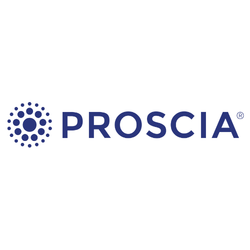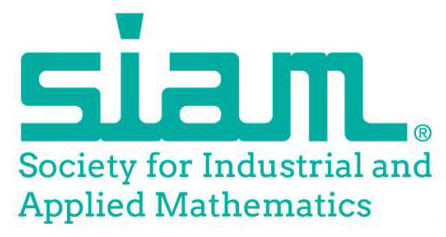UPDATE: Feb. 13, 2020: CDC officials said Wednesday that some test kits it distributed to states were producing inconclusive results when the states tested them independently. Nancy Messonnier, director of CDC’s National Center for Immunization and Respiratory Diseases, told reporters the tests were not run on patients; the flaw was found in the state verification process.
CDC is still working to determine how many states are impacted and potentially will need to issue new reagents.
Dive Brief:
- FDA announced Tuesday it awarded its first emergency use authorization (EUA) for a test to detect and diagnose the coronavirus identified in Wuhan, China in December (2019-nCoV). The diagnostic panel was developed by the Centers for Disease Control and Prevention.
- The authorization came as HHS Secretary Alex Azar said the U.S. public health emergency, declared Friday, justified emergency use of in vitro diagnostics. FDA's decision to authorize the test, previously only used in CDC labs, means it can now be used at any CDC-qualified lab on individuals who meet 2019-nCoV testing criteria.
- FDA said it's working with several other parties that requested and received the EUA template for the 2019-nCoV outbreak. Still, FDA said in its announcement that federal health officials "continue to believe that the threat to the general American population from this virus is relatively low."
Dive Insight:
FDA can award the special status in cases when the HHS secretary declares a public health emergency, and then says circumstances justify emergency use of in vitro diagnostics. The authorization is based on scientific data but, given the expedited nature of review, does not involve the rigor required in the agency's other premarket pathways.
Recent public health emergencies suggest many other EUAs could be coming, according to FDA's records. Most recently, Zika virus attracted more than a dozen diagnostic developers that continue to hold EUAs, two of which were developed and submitted by CDC. Additionally, three tests have gone on to receive full marketing authorization through the De Novo and 510(k) pathways.
Similarly, 10 tests for Ebola presently hold EUAs, with the agency granting the first full marketing authorization to a rapid diagnostic last October.
Nancy Messonnier, director of the National Center for Immunization and Respiratory Diseases at the CDC, said in a media briefing Monday that ahead of the anticipated approval, CDC sent the test to the International Reagent Resource so states and international partners could begin ordering the test. The diagnostic "will greatly enhance our national capacity to test for this virus," Messonnier said.
Commercial developers like Roche are also reportedly pursuing EUAs. FDA outlined information on how to pursue a pre-EUA in a Jan. 27 release. FDA and CDC, along with CMS, formed a joint task force a year ago to more efficiently develop and deploy diagnostic during times of emergency.













